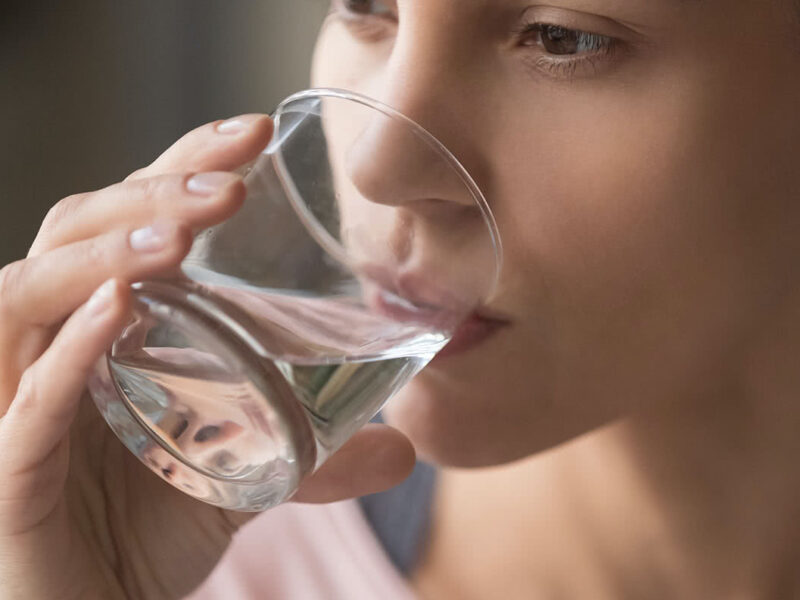Don’t drink contaminated water!
The sole purpose of treating Australian water with up to 35 consumable chemicals like chlorine and aluminium sulphates is to reduce bacteria, viruses, protozoa and other potentially harmful contaminants from corrupting the water supply. Adding these chemicals make the water supply safe to drink.
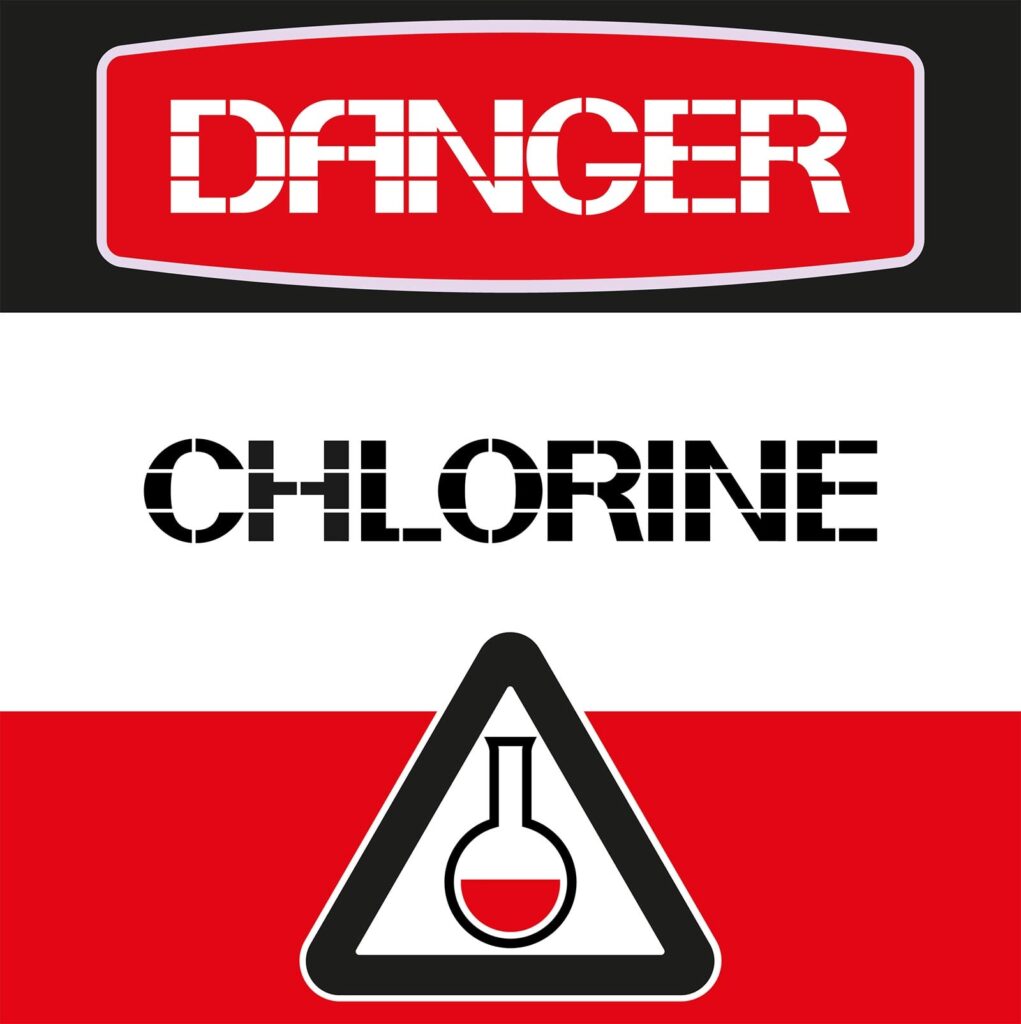
These disinfecting chemicals are safe to drink when added in the right quantities, and quantities are carefully monitored to ensure public health. However, once the treated water has reached your tap, the disinfection products have done their job. And therefore, it’s perfectly safe to use a water filtration system to remove disinfectants such as chlorine from your water before consuming.
How to get rid of unpleasant taste and odour in tap water?
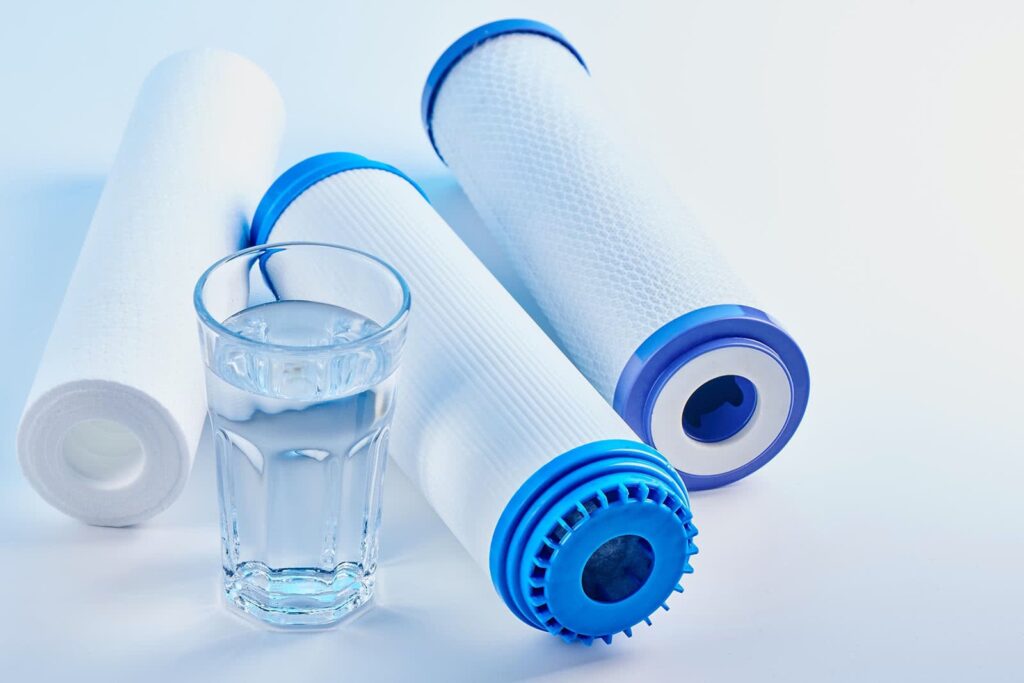
Some people don’t like the taste of water. Or only drink certain brands of bottled water. They avoid drinking water from the tap because they find the taste or odour overwhelming.
Water from the rainwater tank or pumped from a river or bore can also give off a distinct taste and odour depending on local water conditions and pollutants. Filtering your water is the most effective way to remove tastes and odours from your water, making it more pleasant to drink.
At The Clean Water Co our range of water filter and water treatment systems use the quality sediment and carbon filters to polish the water improving taste and odour.
Cysts and parasites in waterborne diseases
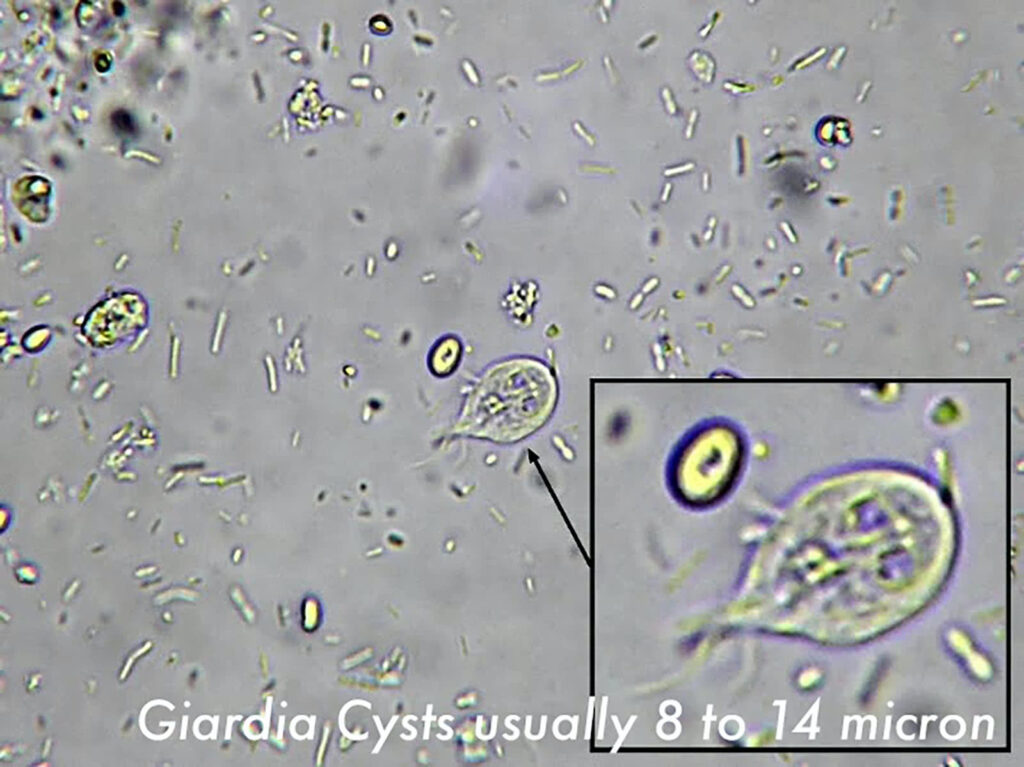
Some parasites and other harmful contaminants can survive the local council’s disinfection process and make their way to your taps. These contaminants such as parasites (giardia and cryptosporidium cysts) can potentially cause severe illness.
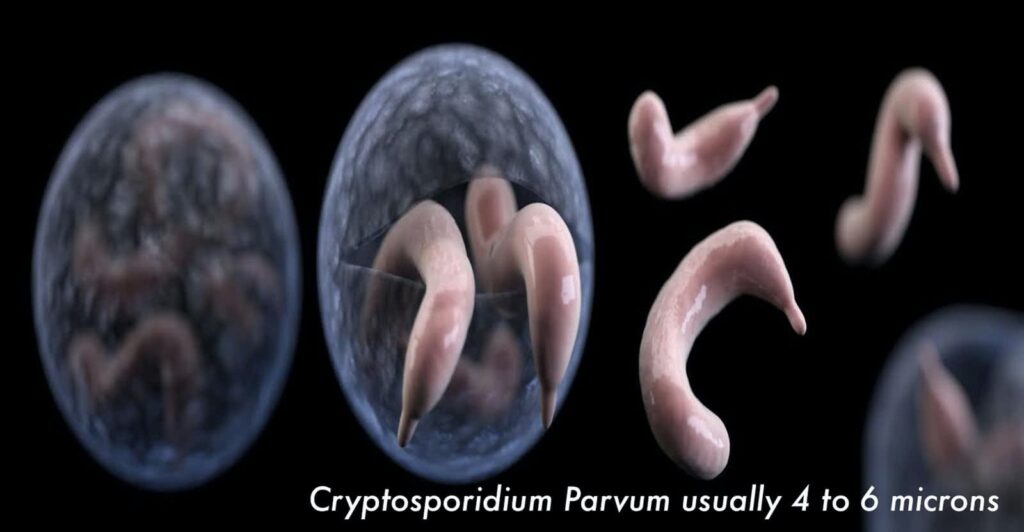
These organisms are not bacteria or viruses, but protozoans with complex life cycles. Outside of the host, the organisms are in a cyst stage, which is much like a seed for a plant or microscopic egg. The size of the Giardia cyst is approximately 8 to 14 micron or 0.008mm x 0.014mm; whereas, the Cryptosporidium oocysts are usually 4 to 6 microns or 0.004 to 0.006mm in diameter.
The disease creates symptoms that mimic other gastrointestinal problems and the common symptoms are persistent diarrhea, weight loss, abdominal cramps, nausea, and dehydration. In general, the symptoms begin within a week after exposure and the acute symptoms can last for up to 2 weeks, but chronic symptoms can last for up to 2 months.
The Clean Water Co offers a combination of low micron silver impregnated carbon filters, UV disinfection and water conditioning to mitigate waterborne protozoans, bacteria and cysts.
Filters remove rust, dirt, sediment, turbidity, heavy metals
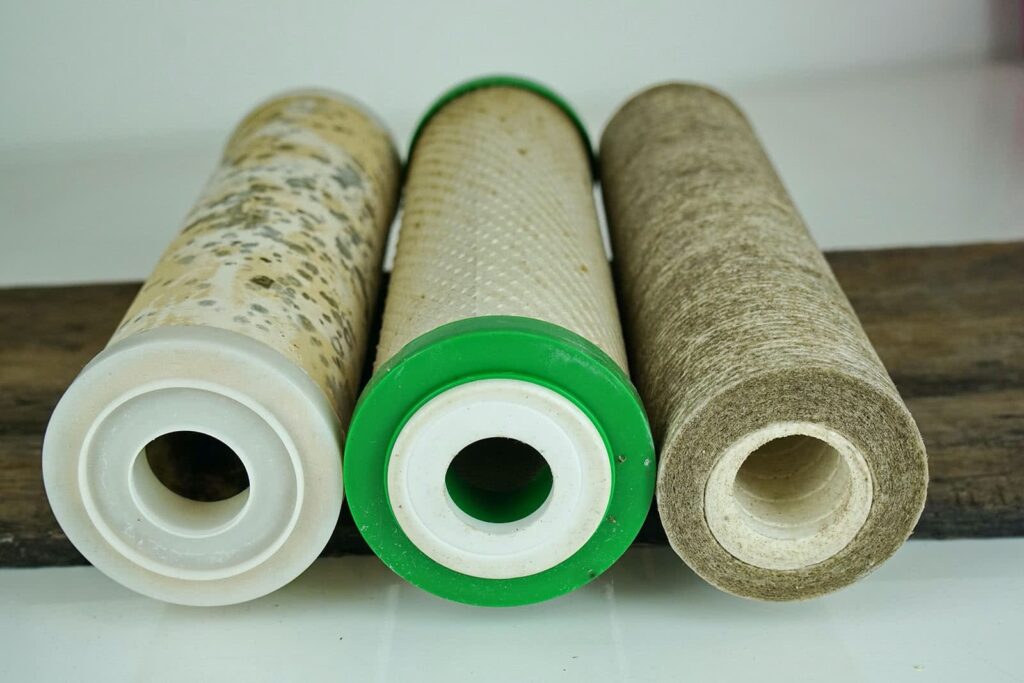
Using a filter can remove these contaminants from your water. If you use tank water, passing your tank water through a filter is a good idea and can improve the clarity and odour of your water by removing the turbidity and contaminants like rust, dirt and sediment that proliferate tank water.
Remember, tank water sources are not exposed to the strict water treatment processes town water goes through. Therefore, a good quality water treatment system that uses UV will improve turbidity, taste and odour of your water. Not only that but a good UV filter will disinfect the water from harmful bacteria, parasites and potentially harmful pathogenic organisms that can cause sickness or disease.
Water filters are safe, cost effective, eco friendly and convenient
You have two main alternatives to get clean water for drinking, cooking, watering plants and so on. One way is buying bottled water. But that gets expensive. And not all bottled water companies do a good job of filtering out the nasties in the water system and there are some companies that sell filtered town water.

The more cost-effective alternative is to install a water filter. A filter can give you lovely clean, odour free water throughout your house for all uses … and … if you are currently buying bottled water, a water filter will usually pay for itself within 6 short months.
A filter on your tap is also better for the environment than single-use plastic bottles used for water. And a filter adds a new level of convenience. Instead of sauntering off to the store to grab your water, simply turn on your tab and out flows delicious, safe drinking water.
Reduce your exposure to chlorine in the bathroom
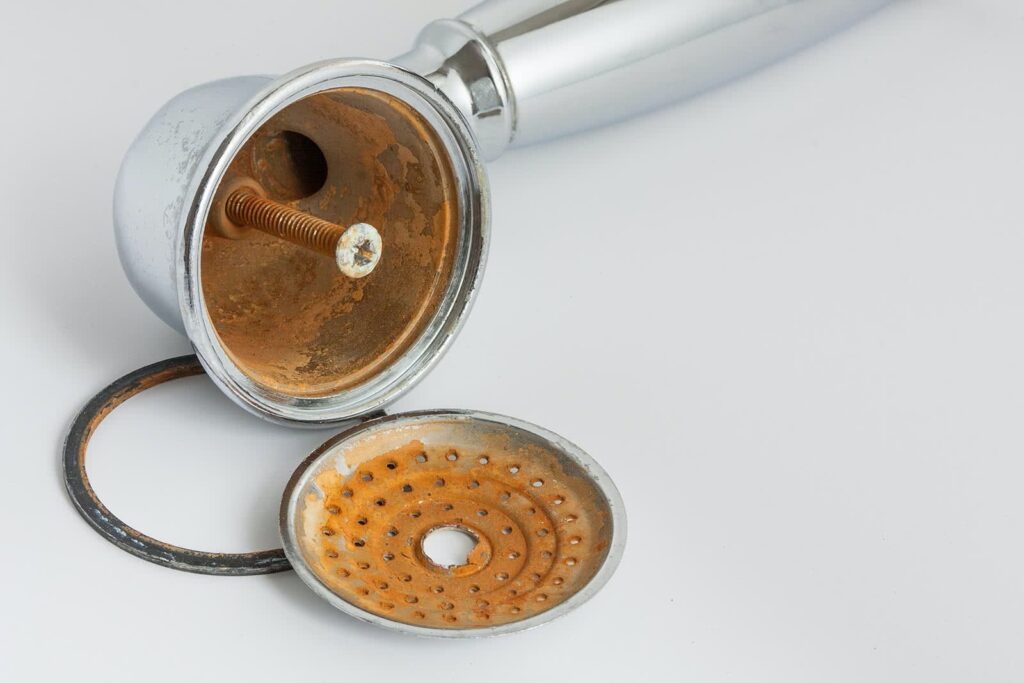
Are you concerned about chlorine exposure in the bathroom? Some people’s skin is more sensitive to the chlorine that soaks into your skin as you bath or shower. When heated in water, chlorine can vaporise, making it easer to inhale and absorb into the skin. The biggest culprit is hot water from your bathroom taps.
If you or a loved one experience dry, itchy skin, brittle hair, irritated eyes, asthma or eczema from exposure to chlorinated water then a bathroom water filter could be the answer you’re looking for.
It’s perfectly safe to filter the disinfection chemicals out of your water once the water has safely arrived at your home. By that stage, the chemicals have done their job and it’s best not to shower or bathe in them.
Protect your appliances from the harmful effects of scale and waterborne contaminates
Unfiltered water can have a devastating effect on your home appliances such as plumbed in refrigerators, coffee machines, kettles, washing machines, water pumps and more.
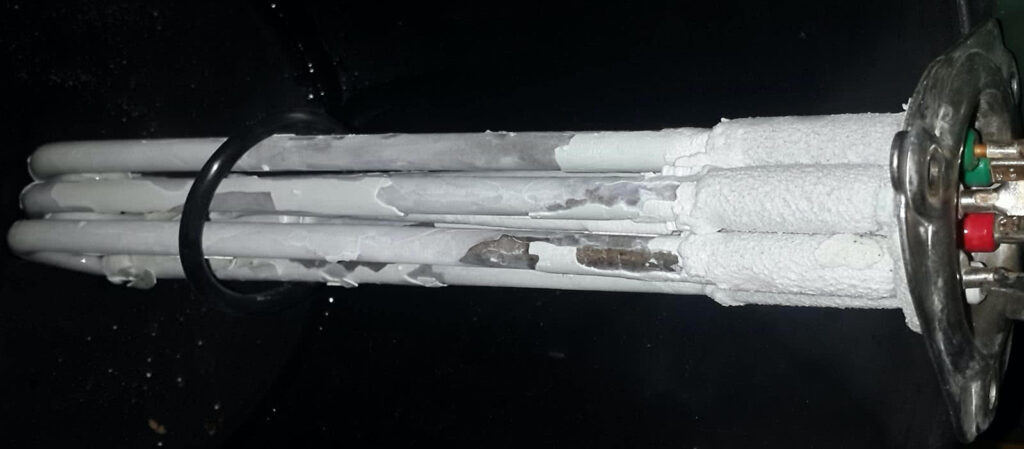
A water treatment system including mineral conditioner & water filter can reduce or eliminate the water contaminates such as dirt, algae, sediment and limescale that reduce your appliance lifespan and restrict water flow. And it’s not just rainwater tanks that house these contaminants. Being connected to town water is no guarantee against dirt and sediment getting into your water supply. It’s not uncommon to see dirt and sediment in your water after your city’s water authorities perform routine maintenance on the water supply.
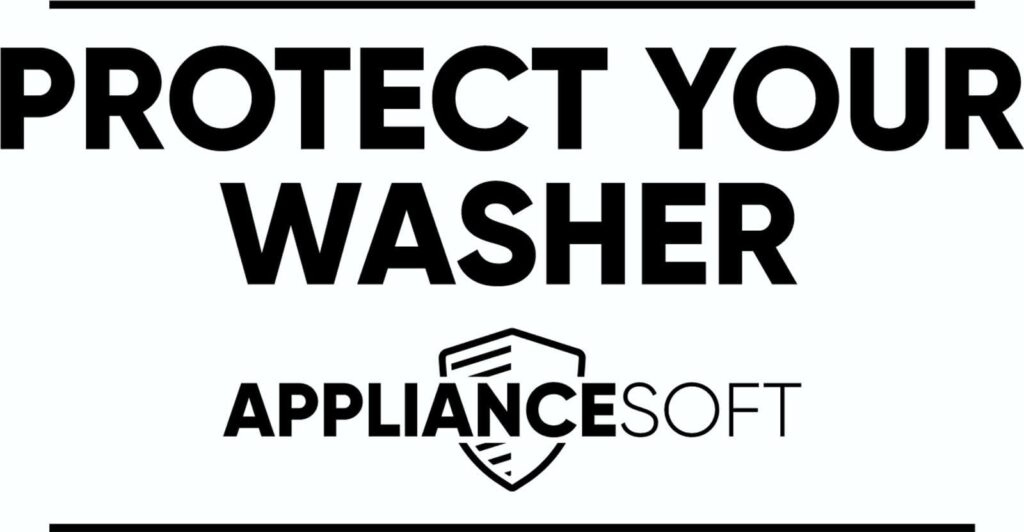
Protect Decals 2 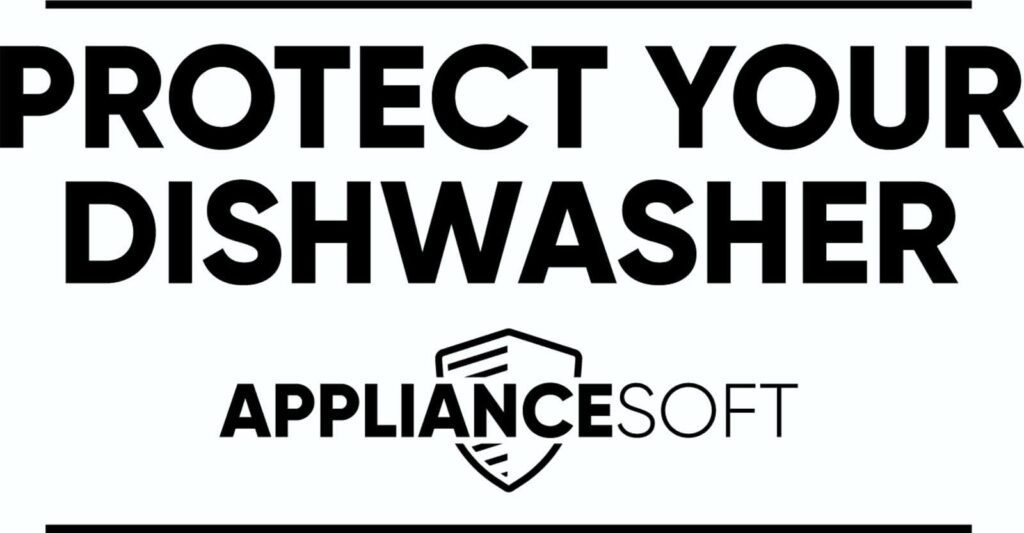
Protect Decals 1
Using only clean, filtered water through your appliances can improve the efficiency or your appliances, reduce the frequency of required cleaning, even extend the lifespan and save you money on repairs or replacement.
Installing a water filter can prevent poor performance, clogging and a reduced lifespan of your appliances.
